Review for Metropolis - Ultimate Collectors Edition
Fritz Lang’s ‘Metropolis’ is one of the world’s most iconic films and with good reason. Costing some five million deutsche marks (with at least four of those million un-budgeted for) and boasting a cast of literally thousands, this 1927 Sci-Fi classic has writ a heavy influence on films like Ridley Scott’s ‘Blade Runner’ and George Lucas’s ‘Star Wars’. In fact, you could pause the film at almost any point during its 150 minute duration and get a perfectly contemporary looking sci-fi still, albeit slightly ‘steam-punk’. In short, the sci-fi movie genre without ‘Metropolis’ seems unthinkable.
My own introduction to the film, in common with many others in the UK was as a backdrop to Bill Nelson’s Be Bop Deluxe ‘Live in the Air-Age’ tour in 1976. The flickering yet futuristic footage played virtually throughout the concert, a rather unusual inclusion back in the day and one that made an inedible impact on this particular young rock fan.
Although many editions of the film have been published, it wasn’t until 2009, with the discovery of a long-lost print of the original full-length cut in Argentina (more on this later) that viewers could at last see the film as Lang had intended. More cohesive, with a much clearer narrative, it makes the film far more than a disjointed collation of brilliant imagery. This particular edition (justifiably described as the ultimate collectors’ edition) includes everything that was on the 2010 Eureka release - and then throws in an extra disc with the slightly colourised version which was scored by Georgio Moroder in 1984 and which included much more descriptive sub-titling and inter-titles than previous editions to try and make the movie as cohesive as possible. Whilst some critics bristled at the prospects of a contemporary music score, featuring vocals by Pat Benatar, Adam Ant and Freddy Mercury, there is no doubt that this helped bring the film to the attention of a whole new audience, some of whom will be keen to get their hands on that version to re-live the experience. There are also a couple of extra documentaries on there from back then too which are well worth watching.
The set comes in what looks like a fantastic looking steelbook which is limited to some 4000 world-wide – and buyers will also get a Willy Wonka style opportunity to be the one lucky recipient of a Metropolis gold bar. But enough of the frivolities – let’s get back to the film itself.
Despite its influence now, by some measures, ‘Metropolis’ was an unmitigated failure. It nearly broke the studio that funded it and, as a result, was subject to some cruel cuts in order to better please US distributors and help recoup its losses. By losing almost 30 minutes of its original running time, theatres were able to turn around more fee paying customers in a day.
Although it played for about a week in Germany in its original form, the cuts were imposed before the film was exported and during the war years, after the Nazi party recognized the potentially critical aspects of the film (barely disguised and highly portentous) German prints were destroyed.
The film, created in a pre-CGI age, had breathtakingly impressive production values, creating a huge alternative futuristic, multi-layered cityscape. It reflects a dystopian future where worker drones man machines by day and, exhausted, populate a world beneath the cities surface by night. In the meantime, the privileged few enjoy the fruits of this labour above ground with an idyllic, if ultimately unfulfilling life of decadent leisure.
One day, the son of the city’s visionary master, Freder (Gustav Fröhlich), is interrupted in the pleasure-gardens by the presence of a beautiful girl, Maria (Brigitte Helm) who has brought children up from the depths to view these ‘brothers and sisters’ on the surface. Entranced by both the girl and her mission, he goes into the depths to search for her.
However, once there he learns of a rebellion and his father’s plans to quash it. Jon Frederson (Alfred Abel), the boy’s Father, visits a mad inventor, Rotwang (Rudolf Klein-Rogge), who was in love with Freder’s mother, Hel, who dies giving birth to the boy. Once love rivals, Jon Frederson decides to work with Rotwang to discredit Maria with the workers by building a robot in her image and incite the workers into a self-destructive riot. But love and reality and man’s inherent goodness will out despite such plans.
The film’s themes can be seen in the context of growing discontent in Germany and as being a critique on the imminent rise of fascism – though it has also been observed that the evil inventor, Rotwang is very Jewish in portrayal, reflected further with the five-pointed stars in his weird, crooked house. But despite this, there is no doubting Lang’s own position with regard to fascism and, being highly critical of the regime, it was this that led to his eventual move to the US by way of escape.
The discovery of the missing 25 minutes has been hailed as the ‘Holy Grail’ of film-finds and justifiably so. The story of how it came to be in Argentina and how it was found is almost worth the price of the set alone.
Sadly, the version of the film found in 2008 at Museo del Cine in Buenos Aires was in very poor shape and had been dubbed to 16mm from the original negative some years previously, which in turn was pretty badly damaged. As a result the missing frames were taken from the 16mm dupe, cleaned up as much as possible and then added to the excellent 2001 restoration of the film. So whenever the new footage appears, there is a substantial drop in quality with vertical tramlines, and less contrast and detail. The aspect ratio of the 16mm print differs too so black bars are added to compensate. Where there are frames still missing (through damage), black frames have been inserted.
The 2001 restoration remains very impressive and the inserted material definitely stands out – but it doesn’t take a huge effort to ignore that and to try and enjoy the film as intended. Despite the quality variance, I for one would far rather see this complete version, warts and all.
The inclusion of the original Gottfried Huppertz score is excellent with a sparkling new recording added in 2010 by the Rundfunk- Sinfonieorchester Berlin conducted by Frank Strobel who is something of an a film-score expert. It’s provided as two options - a DTS-HD Master Audio 2.0 stereo mix and a DTS-HD Master Audio 5.1 mix, both of which sound stunning.
As you would expect with any self-respecting ‘Ultimate’ edition, the set comes with a ton of really excellent extra features.
DISC 1
· Kalat/Rosenbaum Commentary – I love film historian commentaries almost more than any other type as they tend to be the most informative and this commentary was no exception. David Kalat is something of a regular on Eureka's Fritz Lang releases and he’s joined here for this marathon commentary by film writer Jonathan Rosenbaum. Their enthusiasm is utterly infectious and their knowledge about the film seems limitless – film students take note!
· 2010 Trailer (2:01)
· Die Reise nach Metropolis (55 Mins) - A superb and highly informative German documentary which looks at the film, the history of its production and release and the long and winding tale of its restoration. The interview with footage with Lang himself is most illuminating, as are the reflections on its influence on films like ‘Bladerunner’.
· Metropolis Refound (25 Mins) - a captivating 2010 documentary by Evangelina Loguerico exploring the rediscovery of the most complete print of the Fritz Lang masterpiece in an Argentinean film museum. The fact that the chaps at the Murnau faoundation didn’t answer initial emails and calls from the Museo del Cine in Buenos Aires (they thought it would be yet another in a long line of false alarms) was hilarious and it was fun to see their (very German) reactions when viewing the footage for the first time and realising that, this time, the claim was real. Fantastic!
· Booklet - I normally receive a PDF booklet via email along with the plain labelled review discs but didn’t this time so I can’t comment on this. They’re normally first class though and I imagine this would be no exception with excerpts from Lang interviews, a review by Luis Bunuel, a ‘Sight and Sound’ article on the film’s restoration and an extended essay by Jonathan Rosenbaum.
DISC 2
• Giorgio Moroder presents: Metropolis - the 1984 re-imaging of Metropolis featuring a soundtrack by Moroder himself and artists such as Adam Ant, Pat Benatar, Freddie Mercury and many more.
• The Fading Image – Documentary which goes behind the scenes of Giorgio Moroder’s restoration and scoring. You have to admire the way Moroder threw himself into the project, working hard to get access to the best possible prints and the most complete possible version at the time.
Overall
Many fans of this iconic film will already have purchased the late 2010 Blu-ray edition from Masters of Cinema. You may have even bought the previous steelbook edition or the version in the neat looking slim-line slip-case. If you did then you will already have a large percentage of what’s on offer here. The real difference here, apart from that lovely looking Steelbook if you’re lucky enough to get your hands on one of the 4000 of those, is the inclusion of the Moroder soundtracked and partially colourised version of the film from 1984 which, although it doesn't include the recently found footage, went as far as it could to explain the fullness of the originally intended story with new subtitles and inter-titles. There are also a couple of supplemental extras focused on that edition which are new to this set. The point is – you get the lot here, hence the ultimate collector’s edition tag.-Although you may hesitate to double-dip, this is a no-brainer for people like me who haven’t upgraded from the Eureka DVD version issued as part of the Fritz Lang box set in the early 2000’s which was a few years before the missing footage was located. If you have never bought an edition previously then this is clearly the way to go. After all, no self-respecting cinephile would want to be without a copy and this edition is a film-lovers dream. If only all serious cinema was offered up with such care and attention.
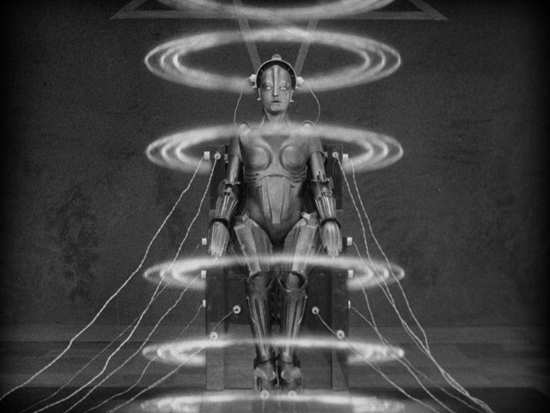
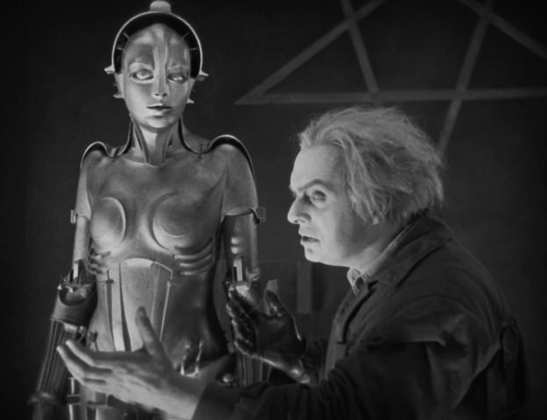
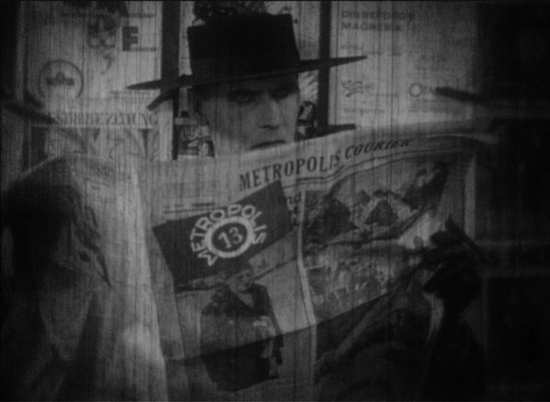
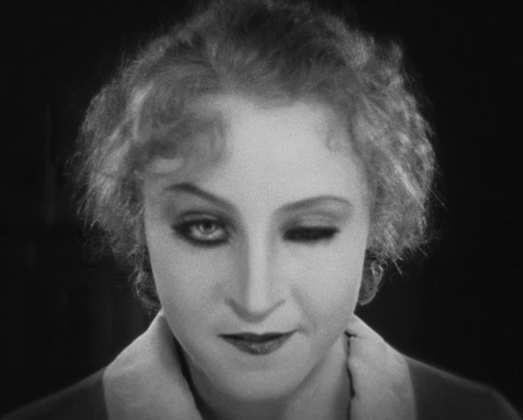
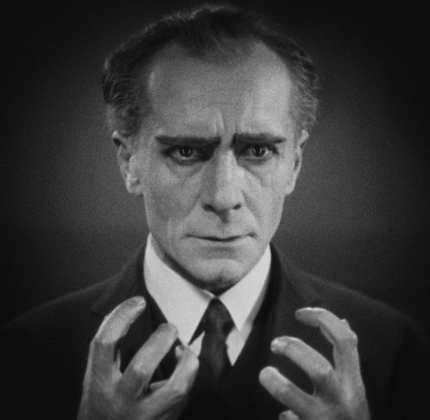
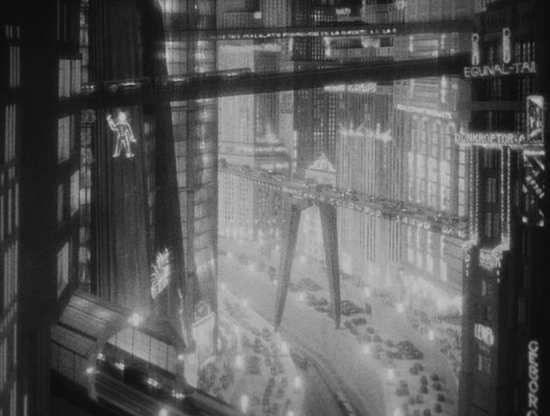
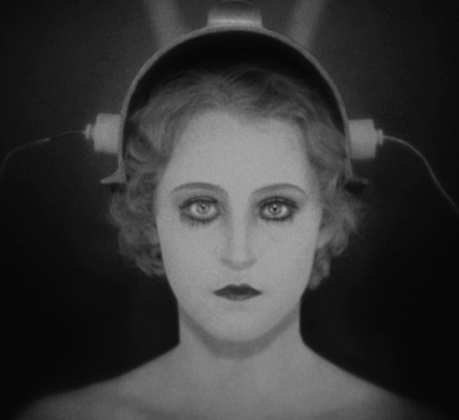
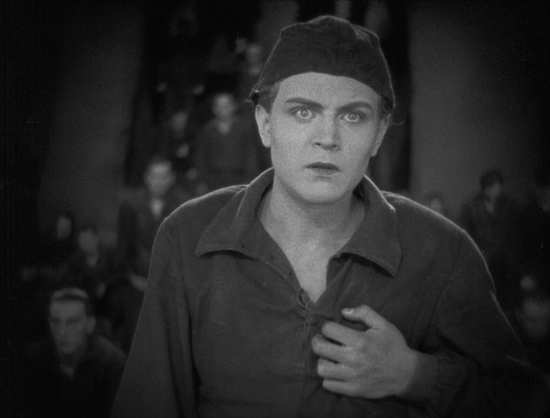
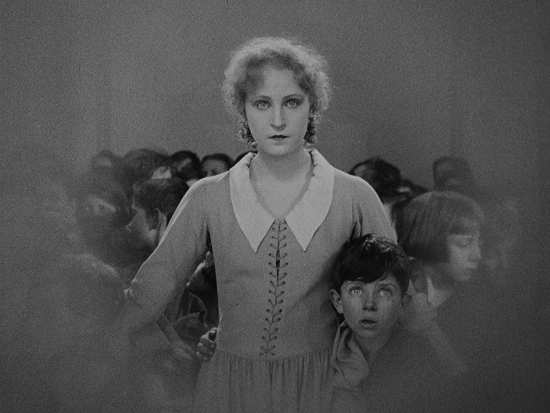
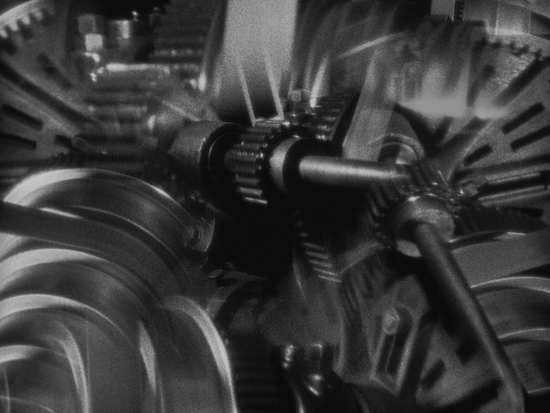
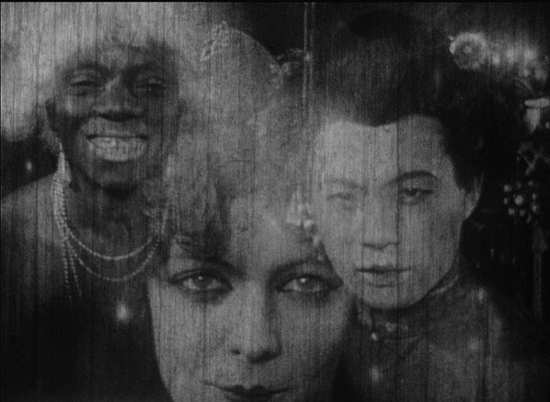
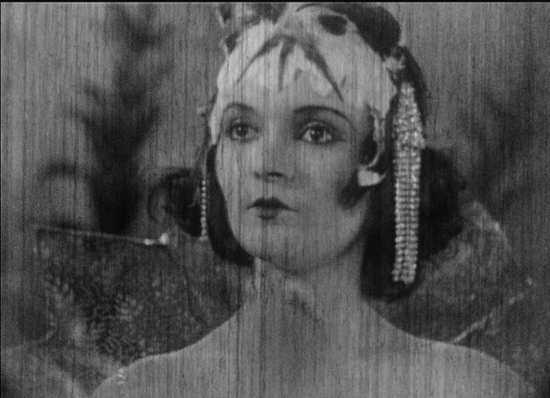
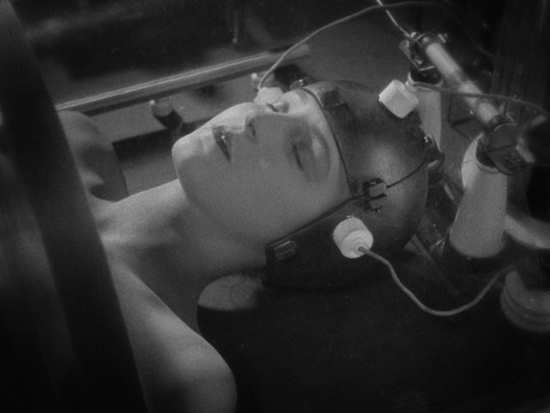
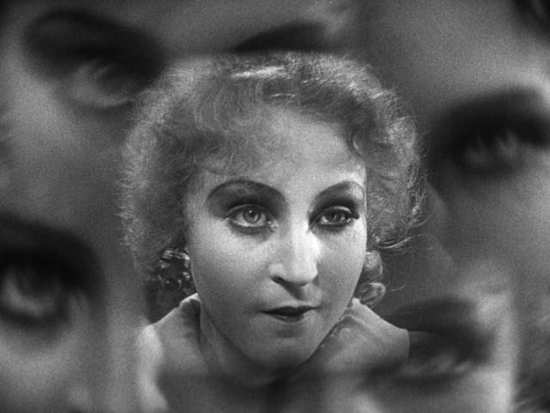
Your Opinions and Comments
Be the first to post a comment!